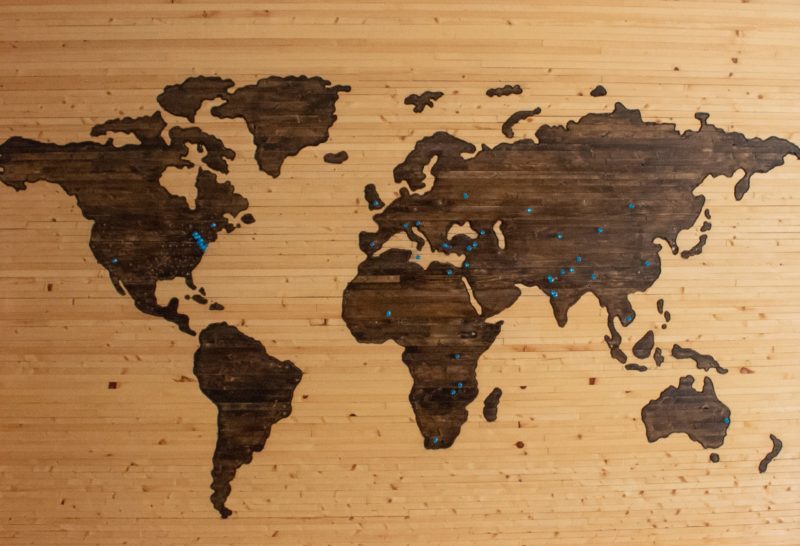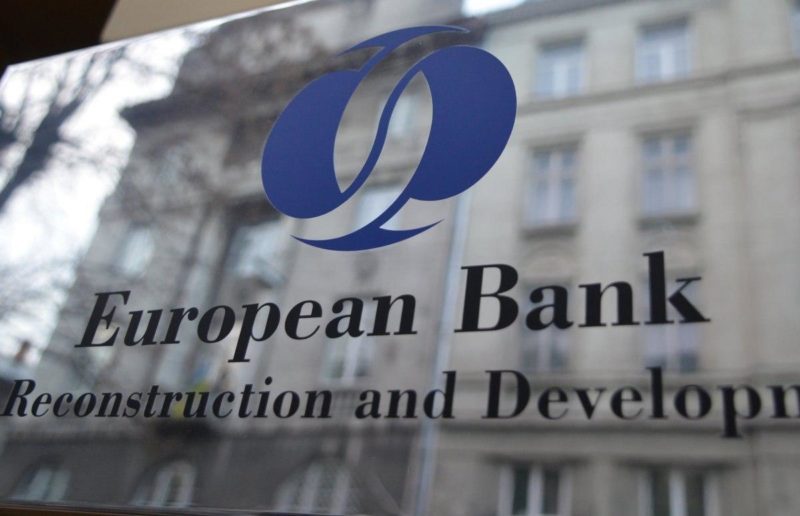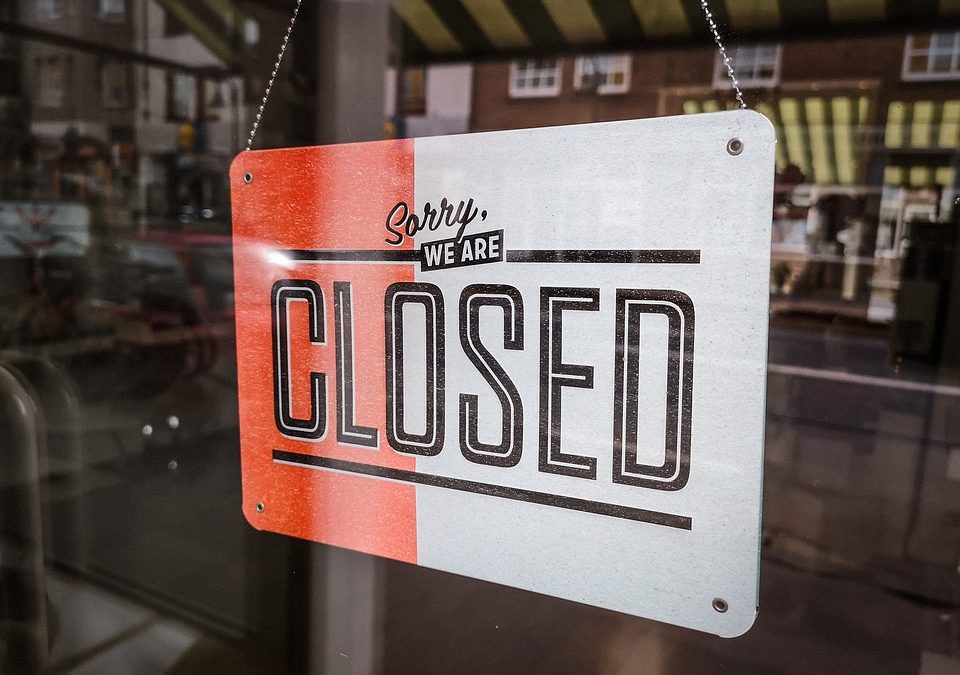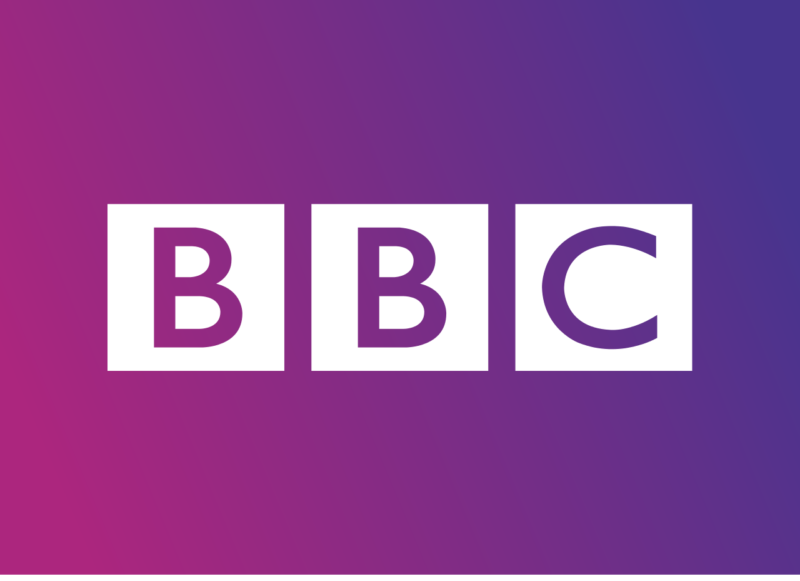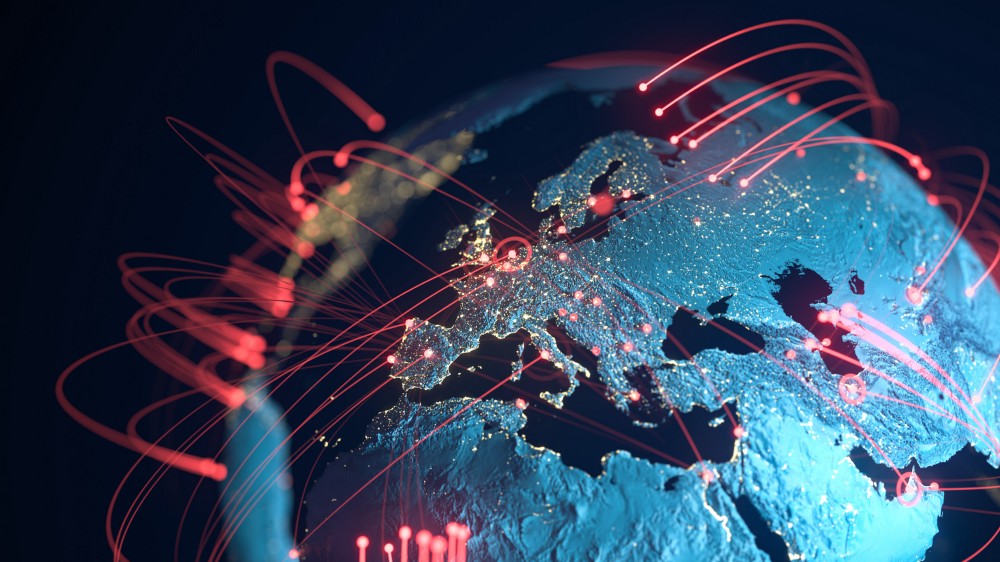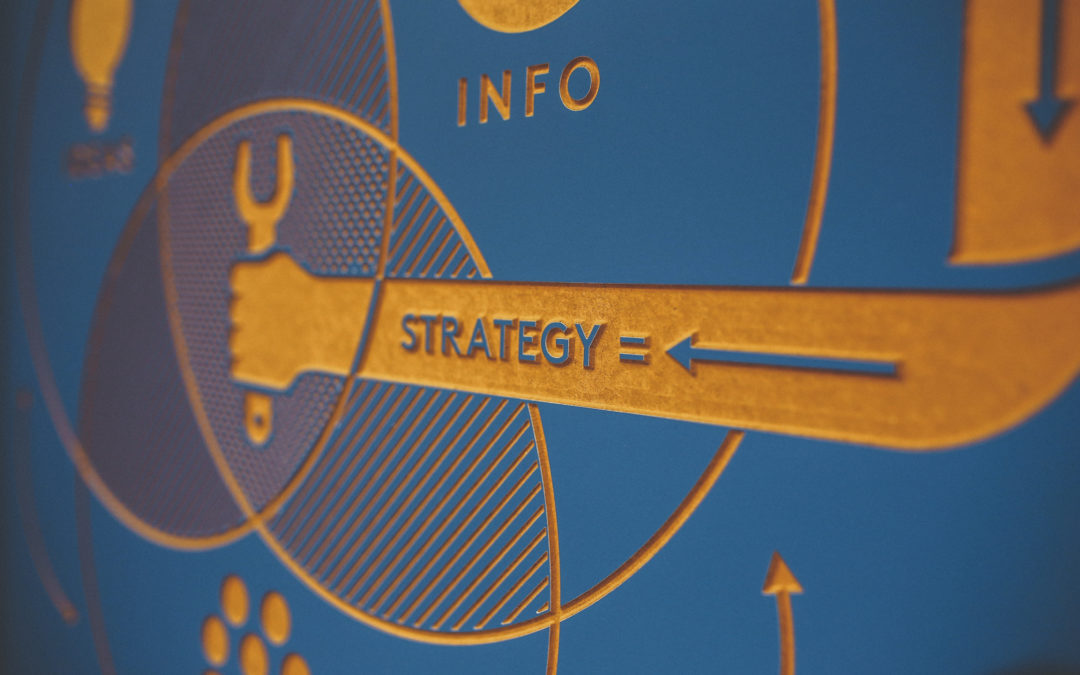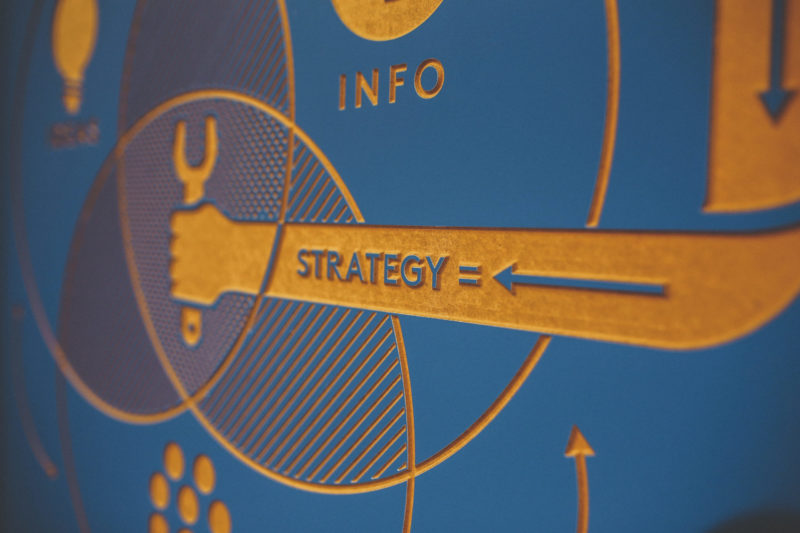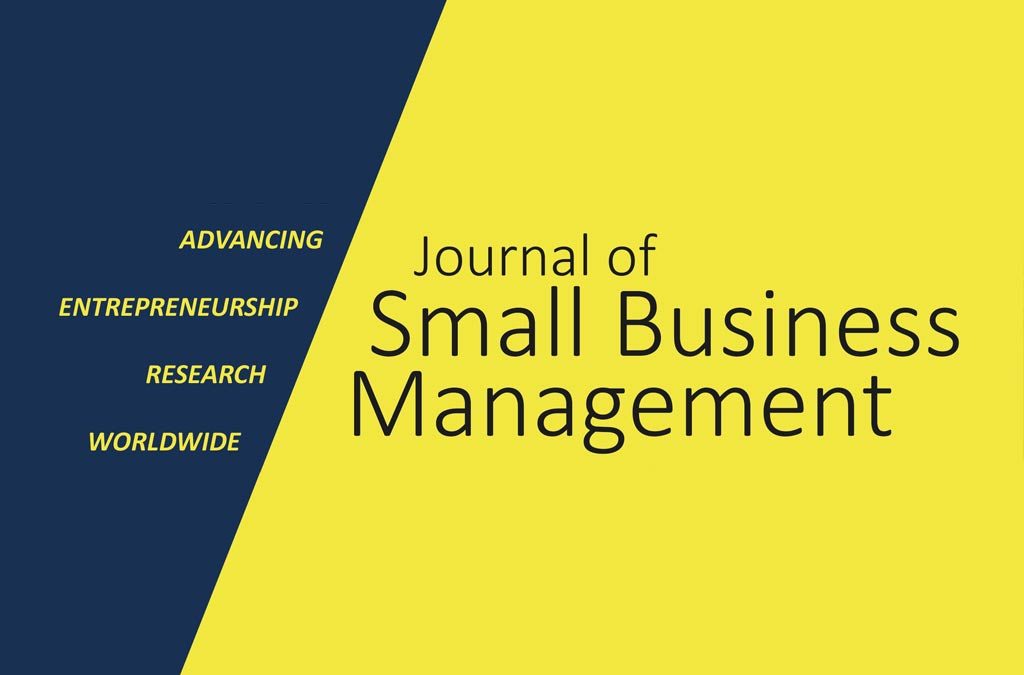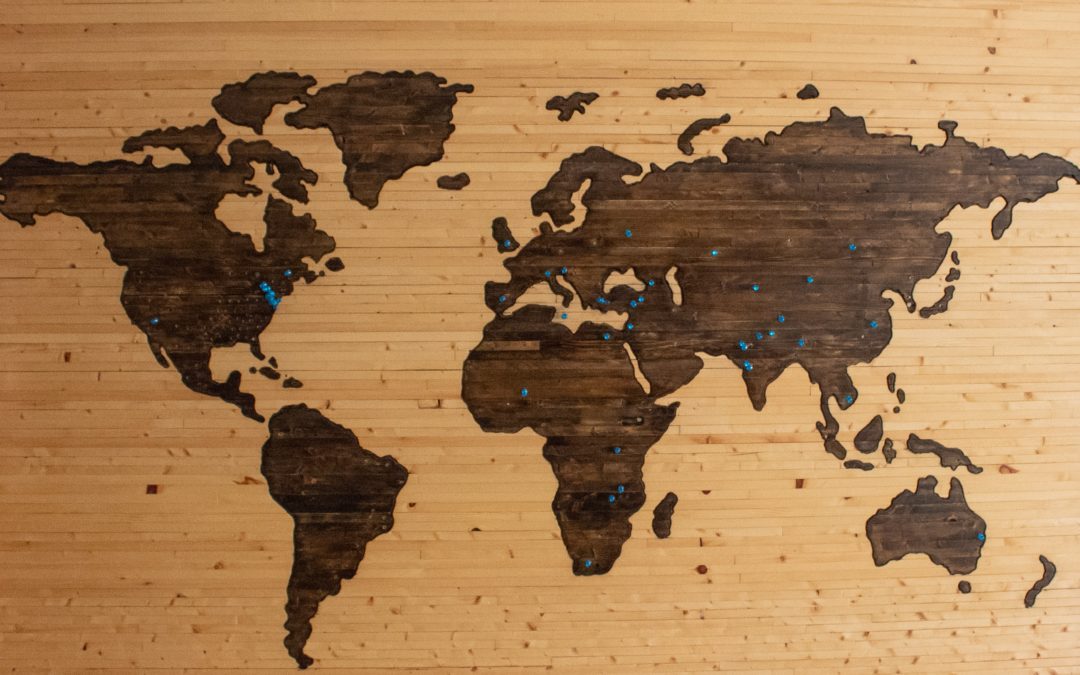
COVID-19 response by International Organizations
COVID-19 response by International Organizations
Thursday, April, 9, 2020
COVID-19 response by International Organizations
Thursday, April, 9, 2020
The EBRD and the coronavirus pandemic
The EBRD is working urgently across the regions where it invests to provide immediate support to companies that are suffering from the impact of the coronavirus pandemic.
EBRD shareholders have approved a framework that – as a first step – will provide up to €1 billion to clients suffering temporary difficulties. (The proposals were approved on 13 March.)
The resilience framework will last as long as it is needed. How long it operates will depend on demand from clients (Read more).
The European Commission’s Coronavirus response
The European Commission is coordinating acommon European response to the Coronavirus outbreak. We are taking resolute action to reinforce our public health sectors and mitigate the socio-economic impact in the European Union. We are mobilising all means at our disposal to help our Member States coordinate their national responses and are providing objective information about the spread of the virus and effective efforts to contain (Read More).
Regional Cooperation Council’s Response
Sarajevo – “These are days of rapid developments by a minute, both at the level of EU and our region and timing, information sharing and coordination is of essence. Cooperation is crucial in having the effective response to fight the pandemic. It is of utmost importance to leave the corridors open for the region to supply on medicine, medical equipment and food in the first place. We have the responsibility to act urgently and make a decisive contribution in ensuring the continuity of economic activity, preserving the operation of supply chains and preventing the worsening of the social and economic difficulties that our region is already experiencing”, said Majlinda Bregu, Secretary General of the Regional Cooperation Council (RCC), addressing the participants of the video conference (Read More).
KfW coronavirus aid: loans for companies
You can now get a KfW loan to improve your liquidity and cover running costs. Apply for the loan through your bank or savings bank (Read More).
Deutscher Industrie-und Handelskammertag (DIHK) Response
Corona-Kredite brauchen 100 Prozent Staatsgarantie – und die deutschen Unternehmen klare Orientierung, unter welchen Kriterien sie ihre Geschäfte nach dem Shutdown an den Schutz vor der Pandemie anpassen müssen. DIHK-Präsident Eric Schweitzer mahnt, die Mittelstandslücke zu schließen und die Rahmenbedingungen für einen Re-Start zu definieren (Read More).
World Bank Group and COVID-19 (coronavirus)
World Trade Orgainzation: COVID-19 and world trade
One of the most effective means of addressing this crisis is through timely, accurate information. An informed public is better positioned to make sound decisions including on questions related to trade. This is why we have created this dedicated page on the WTO website. It will provide up-to-the minute trade-related information including relevant notifications by WTO members, the impact the virus has had on exports and imports and how WTO activities have been affected by the pandemic (Read More).
USAID’s Response
USAID is responding to the COVID-19 pandemic with decisive action at home and abroad. Our priorities in the response are to protect the safety and health security of our global workforce, ensure that we can continue our life-saving mission across the world, and support partner countries in their response to COVID-19 (Read More).
Coronavirus (COVID-19): IRU calls on governments to help keep road transport supply chains and mobility networks moving
The most immediate concern for the road transport sector is to maintain supply chains, especially for essentials such as food and medical items, in the safest way possible for transport workers and citizens and respecting the latest relevant government guidelines.
The industry is doing its best to cope in a difficult situation, with rules and restrictions changing rapidly and often in a haphazard or uncoordinated way. Yet the industry takes seriously its social responsibility to keep operating as best it can in the crisis (Read More)
United Nations: Coronavirus global health emergency
As concerns grow about how the coronavirus crisis might threaten human rights around the world, the United Nations is calling on countries to adopt a more cooperative, global and human rights-based approach to the pandemic (Read More).

